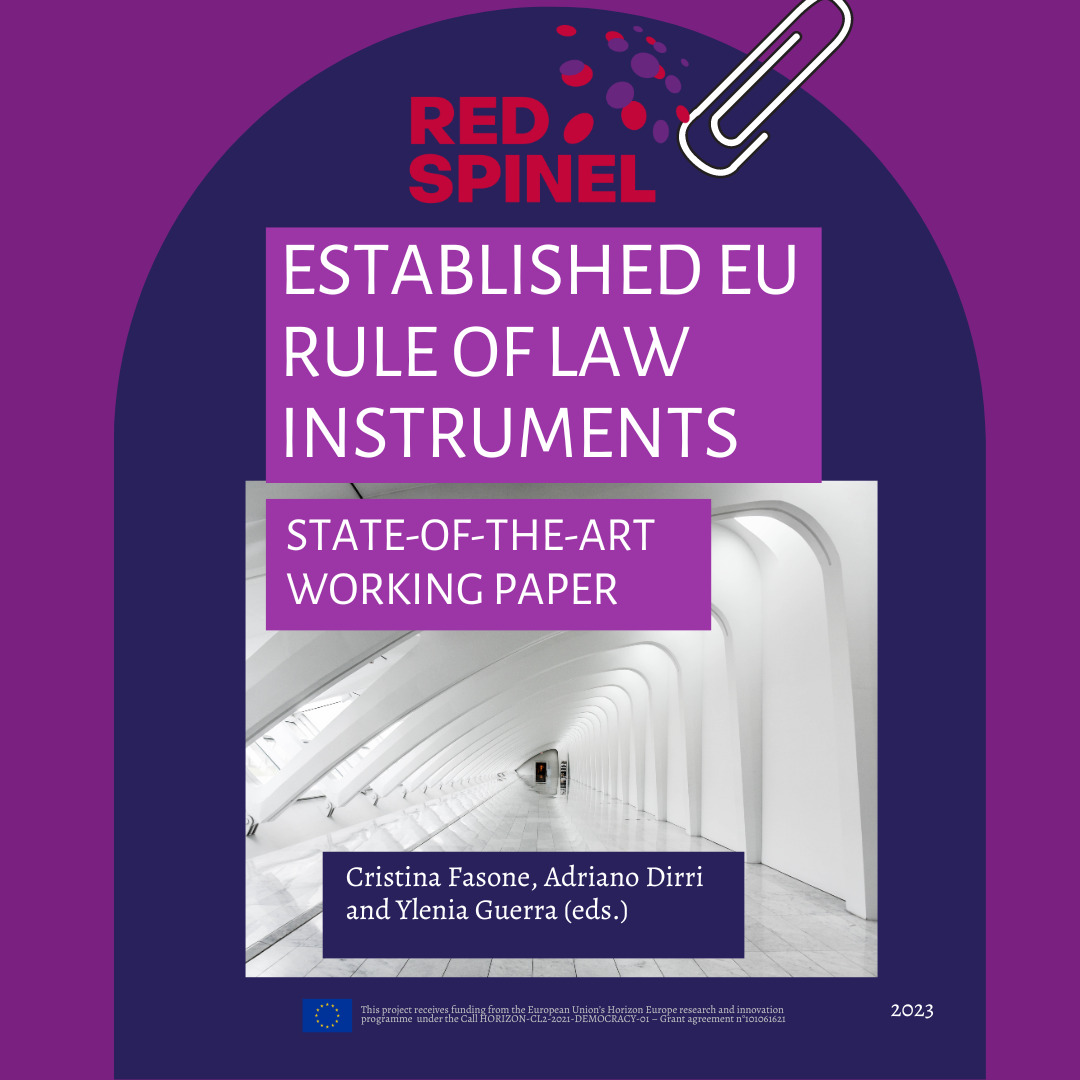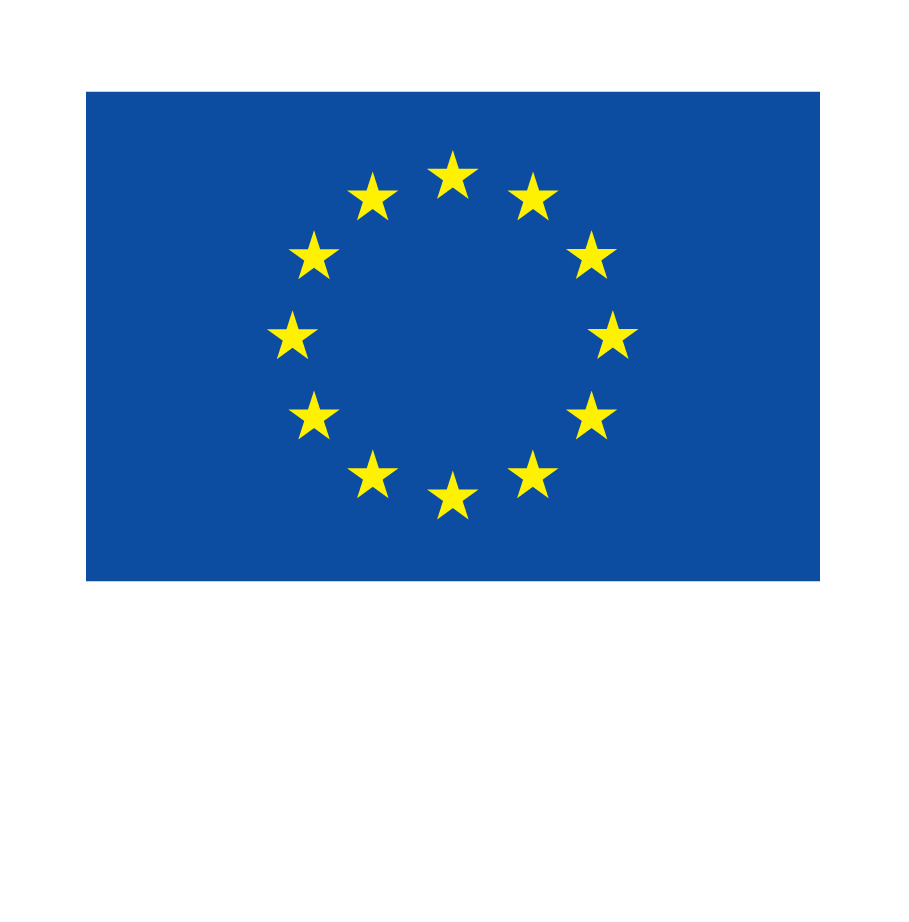EU Rule of Law instruments have been evolving and multiplying. RED-SPINEL has recently published an open source, state-of-the-art working paper on the subject, putting in the hands of scholars and researchers an overview into the most relevant scientific debates on the topic.
The publication is part of the work of our group examining how endogenous EU legal and governance instruments dedicated to the protection of democratic norms react to breaches in democratic practices and the rule of law by Member States.
Edited by Cristina Fasone, Adriano Dirri & Ylenia Guerra (LUISS Guido Carli University, Rome), this resource is available for all wanting to understand how mounting dissensus surrounding liberal democracy has shaped the social and political legitimacy of the EU’s rule of law governance instruments.
An open source tool for research on EU Rol Instruments
Mapping EU legal instruments & dissensus around them
The aim of this working paper is to map the proliferation of legal instruments adopted by EU institutions in reaction to constitutional retrogression in the Member States and the dissensus this has triggered.
These tools range from mechanisms governed by EU primary law (Part I) and EU legislation (Part II) to soft law measures (Part III) and instruments linked to the EU budget and economic interests (Part IV).
The growing ‘arsenal’ developed by the EU has been the subject of increasing contestation among scholars and at the institutional level, and it is precisely this dissensus that the set of contributions collected here seeks to disentangle by analysing existing EU rule of law instruments in action.
In this sense, the working paper examines the emergence of conflicting scholarly views on the functioning of these tools and/or the contestation of their effectiveness, the criticism coming from within the EU institutions, and the potential and actual conflicts, including inter-institutional conflicts, that have emerged.
EU rule of law instruments have been widely covered in the legal and political science literature in recent years; however, they have not been scrutinized from the specific perspective of the scientific as well as inter- and intra-institutional dissensus at supranational level.
The research shows three set of results:
- First, some of these instruments have been designed in an ad hoc way to address rule of law issues, while a slight majority of were already in force as general instruments of EU law or for other purposes, e.g. coordination of economic policies, and have subsequently been adapted to also serve the interest of rule of law principles.
- Second, EU rule of law instruments range from those with a preventive character, designed to avoid the widespread or systemic rule of law shortcomings, to those designed as rule of law enforcement measures, and finally to corrective or sanctioning measures. However, the implementation of these different instruments shows that the boundaries between the three categories are rather blurred.
- Third, even though the EU’s rule of law instruments can be classified according to their binding force according to the source of the law in question, their actual use suggests a much less straightforward categorisation. On the one hand, some instruments are likely to overlap in terms of objectives, triggering duplications, or follow standards that remain uncertain or unjustified. On the other, the procedures prompted by the adoption of the EU tools tend to build on one another, thereby becoming highly intertwined and connected, even though synergies have not been properly exploited yet.

